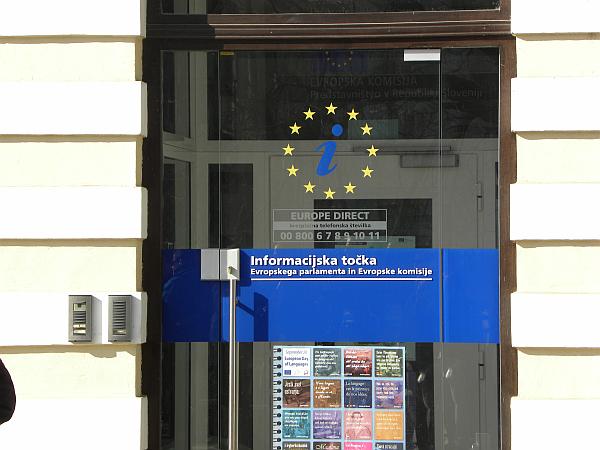
It rejected the proposal from the opposition NSi and SLS parties, which suggested that the government name the next Slovenian EU Commissioner from the lines of the winning EU election party and consult on the issue with the committee. It also rejected the proposal from the SDS to recommend to government to nominate Milan Zver for the position.
One of the key arguments for the proposed changes by the NSi and SLS parties, which were also backed by the SDS, was that Slovenia doesn't have a formalized procedure for naming an EU Commissioner.
In addition the government is currently functioning without full capacity. The above-mentioned opposition parties would like to include the National Assembly in the whole process. Robert Hrovat, from the SDS, is of the opinion that their candidate Milan Zver fulfills all the criteria for the position – he won the most preference votes from the winning EU election party and already has the needed experience. "Slovenia has given him its trust," is how Hrovat backed his conviction. The SDS sees education or cohesion as the best fields for Zver and Slovenia.
The Civic List (Državljanska lista) and the Pensioner's Party DeSUS maintain that naming a commission candidate is the sole responsibility of the government. MPs have thus failed to agree on a shared responsibility. Ljubica Jelušič, from the SD Social Democrats, warned that the opposition SDS democrats didn't win an absolute majority at the EU elections. "When we went to the polls, we had no idea that we were electing Zver for a commissioner," is what Jelušič stressed.
Igor Mali from the cabinet of the outgoing government explained that the Lisbon Treaty didn't change the way commissioners were named in member states, but only the way the EU Commission President was named. He also warned: "if the proposed system of naming the EU election winner was adopted in all the member states, the European Commission would then have at least four prominent eurosceptic commissioners."
The government or PM are the ones that name EU commissioners in the majority of member states in the European Union. No country is considering changes because of the Lisbon Treaty. Perhaps more important for Slovenia is which commission portfolios would be of strategic interest for the country, and which portfolios it realistically stands to get, rather than debating the procedure for naming a commission candidate.
The EU Commission President, who awards the portfolios, makes his decision based on informal talks with the countries and the candidates' experience. If the European Parliament elects the EU Commission President at the July session, member states will have to put forward their commission candidates by the end of August.
Sandra Brankovič Brecl, Radio Slovenija; translated by K. J.

































































